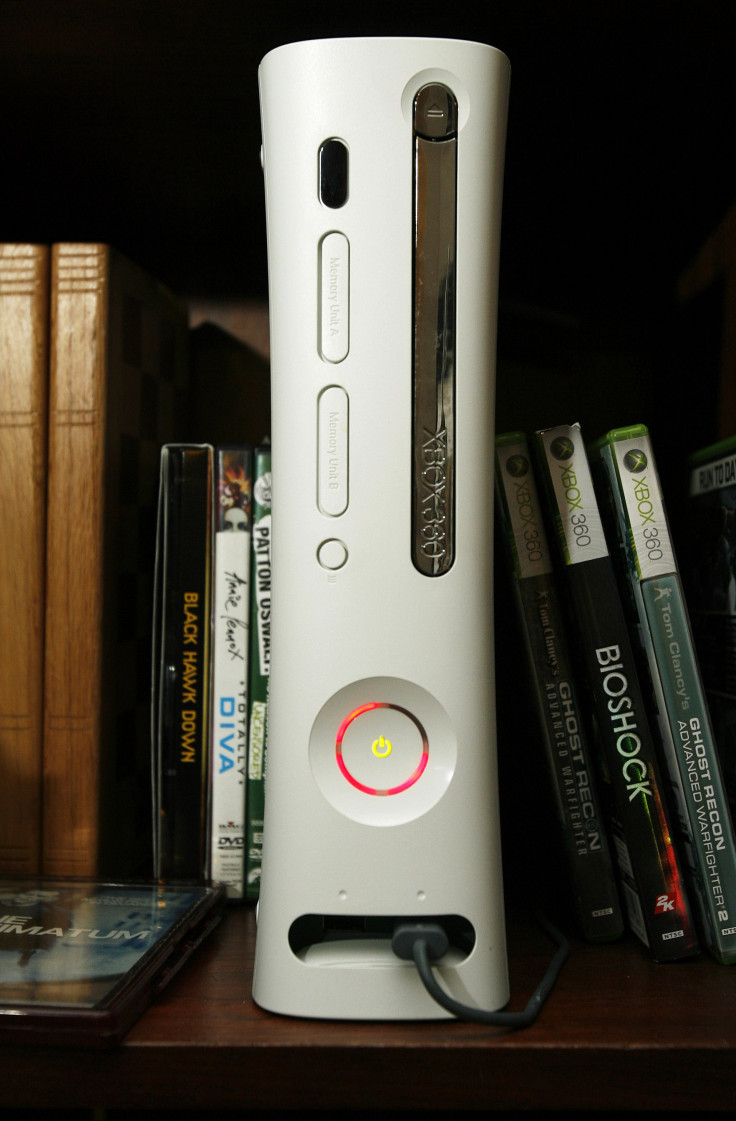Xbox One Users Must Waive Right To Class Action Suits Against Microsoft; Experts Weigh In
Microsoft (NASDAQ:MSFT) is requiring Xbox One owners to waive their legal right to a class action against the company, according to a disclaimer on the company's website. Those who buy the company's upcoming video game console, the Xbox One, enter an agreement that any future legal proceeding against Microsoft is done on a case-by-case basis.
The Xbox One's pre-order disclaimer says “Terms include binding arbitration with class action waiver to resolve disputes.” That means that if the Xbox One has a widespread issue like its predecessor's “red ring of death” (RRoD), the affected owners will have to sue Microsoft individually, rather than banding together in a class action.
Update: Commenters and Twitter users have pointed out that Sony introduced similar language to the terms and conditions of their online service a few months after the PlayStation Network was hacked in 2011. Sony has not responded to a request for comment from June 13.
According to attorney Paul A. Herman, a consumer advocacy expert who has previously worked on class suits against large corporations, binding arbitration helps companies like Microsoft avoid large claims. Should a legal situation arise with the Xbox One, consumers have to hire their own lawyer and pay for legal costs up front.
Class action, on the other hand, occurs when a group of people have the same problem with an entity such as Microsoft, and are therefore entitled to the same compensation. Legal representatives on the consumer's side in a class suit are called plaintiff lawyers, and are only paid if the suit is won. The amount of money charged by plaintiff attorneys is sometimes criticized for being too high. With binding arbitration in their terms and conditions of use, Microsoft is protecting itself against class action.
“It’s completely objectionable, because it’s a totally stacked deck,” Herman said. "The big money guys are picking out the arbitrators they want. It always has been so consumers get screwed."
In an agreement where binding arbitration is involved, consumers must use the arbitrator preselected by a company such a Microsoft, then undergo a “quasi-legal” process where there are no legal rules or objections.
“Arguments can be made that would not even be considered evidence in a real court of law,” Herman said. “If they pick the arbitration company, it’s easy to skew the judgment in their favor."
The Florida-based attorney raised the issue of objectivity in a proceeding like binding arbitration, where a mediator in the case is much less likely to be as impartial as a judge in a court of law.
"In court, justice is blind,” he said. “In arbitration, justice is not blind. It’s not even a case of one eye peeking out. The blindfold is over her forehead.”
Herman said that while a judge may be objective, the arbitrators used by big companies often are not. Microsoft was hit with a class action in 2008 over covering up possible Xbox 360 defects such as the "red ring of death." According to an email from Keith Cable, the attorney who issued the original lawsuit, that case was resolved confidentially and he is prohibited from discussing the terms.
Apple Inc. (NASDAQ:APPL) was recently ordered to pay $53 million in a lawsuit due to faulty liquid sensors in its devices, and also faces a suit over issues concerning burn-in on its MacBook Pro with Retina display. Will the iPhone 5S will be the next device to include a “binding arbitration” agreement in its Terms & Conditions?
A special thanks to Patrick Bowman (@KewkD) for the information regarding Sony's terms and conditions for the PlayStation Network.
Follow Thomas Halleck on Twitter

© Copyright IBTimes 2024. All rights reserved.











